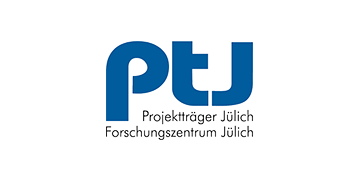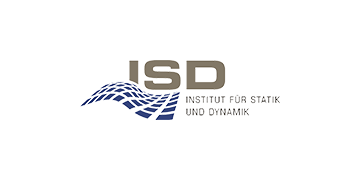| Theme | XXL products, Ecology |
|---|---|
| Project title | Transdisciplinary end-of-life analysis of wind energy plants for the development of technically-economically optimal post-use strategies (TransWind) |
| Project duration | 01.11.2020 – 31.10.2023 |
Of the approximately 30,000 wind turbine generators (WTGs) currently in operation in Germany, about half will reach the end of their service life in the next ten years. Continued operation would be unprofitable – for example, due to the expiry of 20-year EEG subsidies.
It is not yet clear what a technically and economically optimal post-use strategy for these WTGs could look like. Therefore, the research project TransWind pursues the overall goal of analyzing the end-of-life issue of wind turbines in Germany with the help of a transdisciplinary approach from different perspectives on micro and macro level in order to provide problem-specific decision support for the different actors from politics, wind industry as well as resource and recycling management in the selection of an optimal post-use strategy.
The joint project TransWind is coordinated by the Institut für Statik und Dynamik (ISD) of Leibniz University Hannover. The project partners include three further research institutions – including the Institut für Integrierte Produktion Hannover (IPH) gGmbH – and four companies.
The IPH sub-project is entitled "Development of technical and logistic deconstruction and repowering concepts and a GIS-based spatial planning analysis". This includes in particular the development of technical-logistical end-of-life concepts as well as support in spatial planning analysis and the development of cost models.
Publications about the project
Around half of the currently 30,000 active wind turbines in Germany will reach the end of their service life by 2030, which is generally defined by the manufacturer as 20 years of operation. The most common strategy for the subsequent use of a wind farm is repowering, provided this is (legally) possible at the respective location. One option for dealing with old turbines is to resell them. At the time of repowering, in Germany after an average of around 17 years, the wind turbines usually still have a remaining operating time of several years before critical parts such as generators fail.
This article presents a machine learning model for predicting the resale value of used wind turbines. This model can be used to approximately predict the resale value of comparable wind turbines based on certain input parameters such as the power output or the age of the wind turbines. The model was trained using an adjusted data set from an online trading platform for wind turbines. The necessary pre-processing steps such as the removal of extreme outlier values and the addition or replacement of missing or incorrect wind turbinespecific data from a second data source using a self-developed matching algorithm are presented. Finally, the prediction accuracy of different ML algorithms is tested using test data to find the best method for predicting the resale value of wind turbines.
Renewable energies, wind turbines, resale values, machine learning, data science
After the EEG subsidy for wind turbines expires, the choice of a post-utilization strategy depends on many influencing factors, including the resale value of the old turbines. One of the research questions to be answered in the "TransWind" project is what revenues can still be achieved. Evaluations of data from a trading platform could provide answers.
Renewable energies, wind turbines, repowering, revenues, resale
For more than half of the approximately 30,000 wind turbines in Germany, the 20-year EEG funding will end in the next ten years. It is still unclear what the optimal technical and economic strategies for end-oflife utilization might look like. The BMWK joint project „TransWind“ aims to analyze the end-of-life issue on a micro- and macro-level in a transdisciplinary manner to support stakeholders from politics, the wind industry, and the resource and recycling sector in the selection of end-of-life strategies.
wind turbines, end-of-life, ecology, dismantling, repowering, disassembly, recycling, XXL products
Jobs
-
XXL products, Ecology
Student job, Internship
-
XXL products, Artificial Intelligence, Ecology
Master thesis, Bachelor thesis, Project thesis, Internship
AI-supported acquisition of material quantities of wind turbines








